Hi Bernie,
- I was wondering how important it is that a yoga instructor corrects students in her(his) class? Is it a deal breaker? Are there ever classes that have 2 instructors? So one teaches and the other one just walks around and corrects people? That would be a perfect scenario, I guess. Also what would you say is the ideal yoga class size? Maybe once you are experienced it does not matter that much (class size and teacher’s attention) but I am a total beginner. Is it possible to get bad yoga habits? What are the most common ones? I attend yoga classes at my gym (they are included in the membership) but the teacher does not correct anyone. I could be doing anything (LOL). I appreciate your input. Thank you. Alina
Yes, sometimes yoga classes will have a second teacher or assistant helping with adjusting or correcting students. Usually this is for large classes or class styles that require a lot of adjustments (Ashtanga for example.) However, it is not required that teachers “correct” students. I never do it (I used to, but had to really ask myself why I wanted to “correct a student”) … over time I decided it was better to teach students how to correct themselves and allow the student to make the decision of what to change. It really comes down to intention: what is the intention of the posture? Then we add attention: how is the student feeling in that posture? By paying attention we can decide whether we are achieving our intention or not. If not, then some sort of change, correction or adjustment may be require.
(By the way, I don’t like the term “correction” because it has an implication that the student is somehow flawed, or doing the pose incorrectly. There is an inherent value judgment which is not necessary. Better to evaluate whether or not the goal of the pose is being achieved or not, and if not, find an alignment or change in the posture to achieve the intention.)
In short, I do not feel that students need correcting. However, this does not mean that the student is getting the optimal benefit from the posture. Some investigation is always helpful. For beginners to yoga, they do require some direction in how to get into and out of postures and what the approximate alignment might be, but as soon as possible the student should be taught how to find out for herself what alignment works for her body and her situation. There is no alignment cues that work for everybody: this is the basis of my latest book Your Body, Your Yoga.
Think of this old saying, “If you give a man a fish, he eats for a day; if you teach a man to fish, he can eat for a lifetime.” I believe the best teachers teach the students how to “correct” themselves.
Regarding ideal class size: there isn’t one. It is so variable: it depends upon the style of class (restorative yoga classes need to be small), the intention of the class, the level of experience of the students and the teacher, etc. A better question is - what is the ideal class size for you? That depends upon your intention and needs.
Cheers
Bernie
